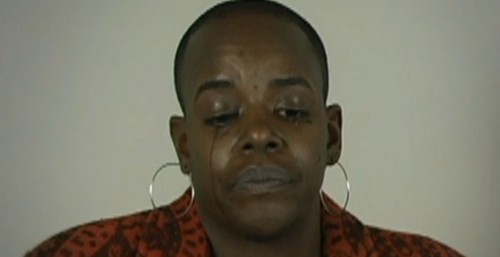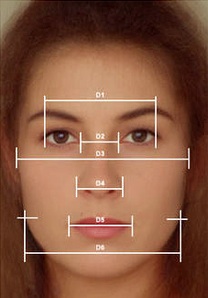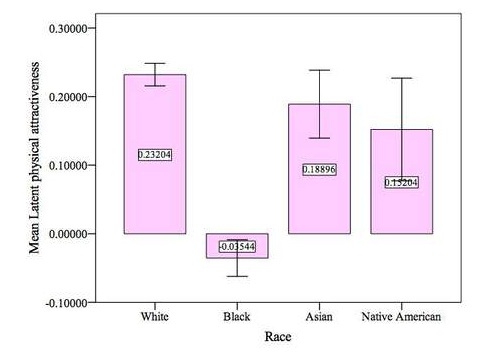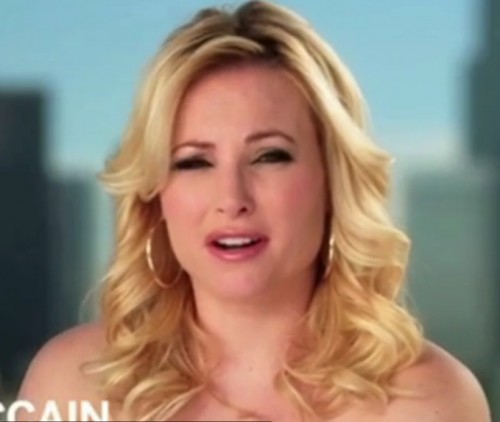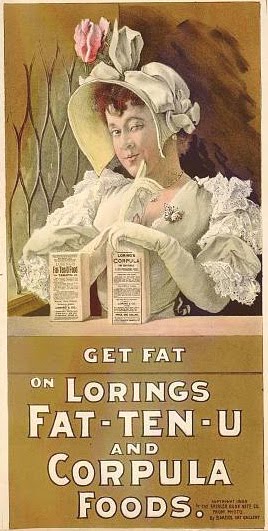On the heels of our post about race, ideas of beauty, and the controversy about Satoshi Kanazawa’s blog post at Psychology Today claiming Black women are “objectively” less attractive than women from other races, Lisa C. sent in the 9-minute trailer for the documentary Dark Girls. In it, African American women discuss their own experiences of bias toward dark-skinned women, both in pop culture broadly and from people in their own lives. It’s a stunning and heart-breaking illustration of the personal costs of beauty standards that define dark skin as inherently and automatically problematic:
Dark Girls: Preview from Bradinn French on Vimeo.

